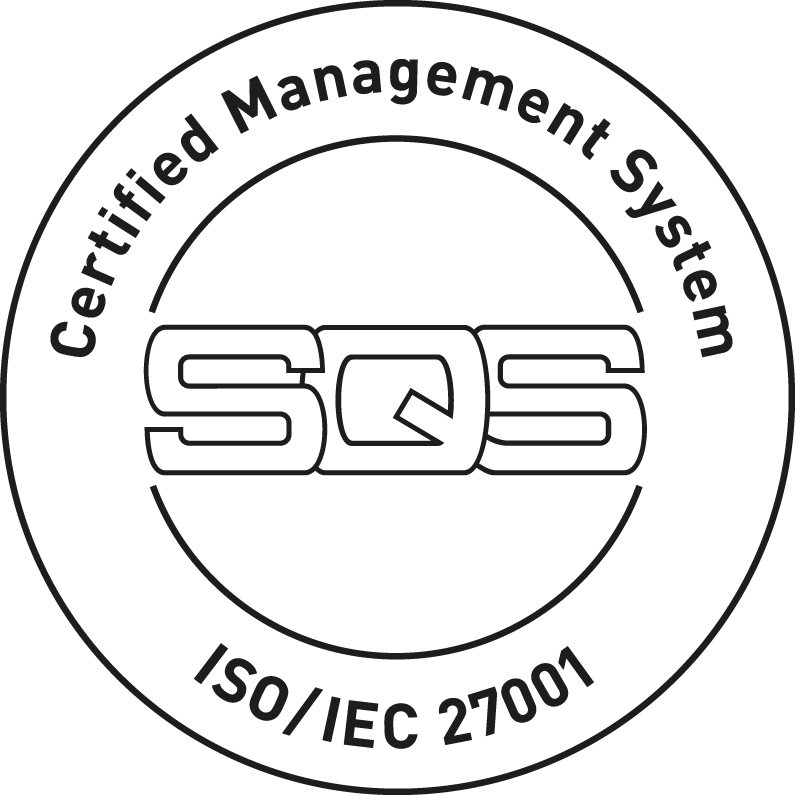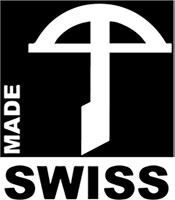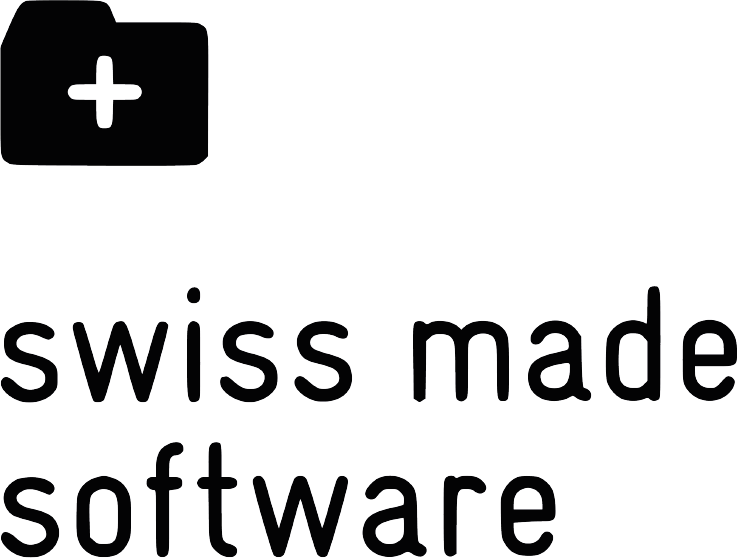When it comes to building a solid team and protecting an organization from harm, integrity and trust are key. And so a bad hire, or an unreliable employee, can not only cost money, but they can make an organization vulnerable to lawsuits and customer complaints and demotivate the rest of the team. A major data breach by an insider can cause irreparable damages to the company’s reputation, resulting in revenue losses for years to come. And so forth.
Making sure that managers and employees are truly qualified and integer, or “fit & proper” as some legislators call it, meets an increasing demand for solutions. Human Risk is especially present when employees are handling company money or have access to sensitive and valuable information such as client data, employee records, strategic infrastructure such as IT’s, vulnerable persons (children or elderly) and many more. The finance industry for example is under a lot of pressure to both keep customers safe from fraud and protect their own assets from crimes like embezzlement and money laundering, but also many other organizations are becoming aware of the importance of mitigating “human” risk.
How to minimize human risk?
The practice of background- and integrity screening, very well-known in the Anglo-Saxon world, has for long be thought of as unnecessary in Switzerland. Aequivalent’s annual integrity statistics however suggest otherwise as the integrity level of Swiss candidates does not come out on top.
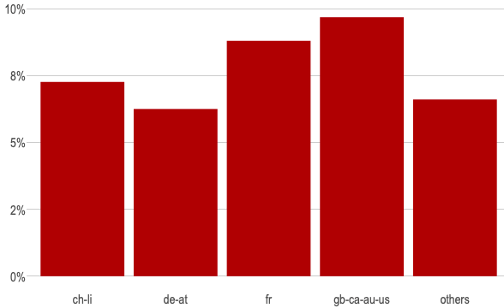
Recent KPMG statistics also show that Switzerland is not an exception to the rule when it comes to internal fraud.
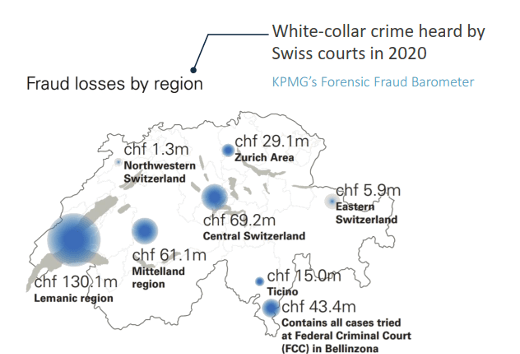
The legal framework
In practical terms, a background check could be considered as the process of verifying the integrity of the person by confirming the data and information transmitted and by authenticating the documents presented (for example: CV, identity, diploma, work certificates, work permit, criminal and financial records, etc.) with the issuing sources.
According to article 328b of the Swiss Code of Obligations, the employer may process (and verify) data about the employee insofar as this data relates to the employee’s ability to perform his or her job or is necessary for the performance of the employment contract and insofar as the Federal Law on Data Protection is complied with. Therefore, there is no need to doubt the legality of the practice of checking the background of candidates and employees, especially when it comes to positions of trust.
Reference checks with previous employers will allow to find out if disciplinary procedures have already been taken against the person concerned or to know the real reasons for the end of the collaboration so as not to be limited to the generic terms of a work certificate. Of course the prior authorization of the concerned person remains indispensable for these checks.
Several levels of verification are possible and imaginable. These levels should not be selected according to the person’s individual profile but according to a level of risk defined in advance by the (human) risks specialists. It must clearly identify the sensitive positions within the organization as they relate to the strategic risks, for example according to access levels and decision-making responsibilities. It will be up to human resources to integrate these checks into their process in a standardized and transparent manner.
Aequivalent – Switzerlands leading digital platform for background checks
Aequivalent is the leading digital HR platform in Switzerland for background checks on employees and managers, before and during their employment. Through a secure online interface, Aequivalent verifies the information provided by employees and managers during a recruitment process or simply to update their dossiers. Standard programs include the verifications of identity, addresses and work permits, diplomas, former employers, criminal or financial background, possible conflicts of interests through directorship checks, or a person’s reputation on social media.
As an expert in standardized and customized solutions for small and large organizations, that are recruiting in Switzerland or abroad, the company is alsoISO 27001 certified, the European reference standard in the field of information security, since 2019. Besides that, the company has associated iself with Swiss quality initiatives and labels such as Trust Valley and Swiss Made.
Broadening the scope of action
Employee background checks are becoming an important step in the hiring process as they help companies make confident and informed decisions about who joins their team. It helps preserve the company’s values, productivity, and overall success. Not all industries legally require background checks on new hires – some industries are subject to legislation specific to their activities (ex: Banks who are submitted to rules issued by FINMA) but all businesses, small or large, local or international, can take advantage of the benefits of background screening such as making informed hiring decisions and keeping the workplace safe for both employees and customers.
Financial probity checks and Creditreform
A financial probity check is often an integral part of a background check, although it can and should not be considered alone in making hiring and employment decisions. Somebody who is not able to respect his financial engagements will however present a higher risk in terms of the respect and compliance with company procedures, especially when it comes to matters of corruption or financial decision-making.
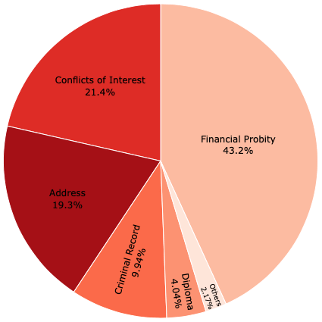
In some industries, financial probity checks are standard or obligatory to meet the regulatory requirements, e.g. financial services, banking and insurance. It is however a crucial check for any sensitive position to ensure the highest standards of integrity and professionalism and mitigate the human risks to protect the company’s assets and reputation.
Aequivalent’s integrity statistics confirm the importance of the financial probity check as it shows the most incorrect declarations (43.2%) during the 2021 survey. This category captures the failure to respect financial engagements, or any bankruptcy related to a company for which the candidate could have been responsible.
Date of publication: 18.11.2022
Author: Aequivalent’s Marketing and Sales team


